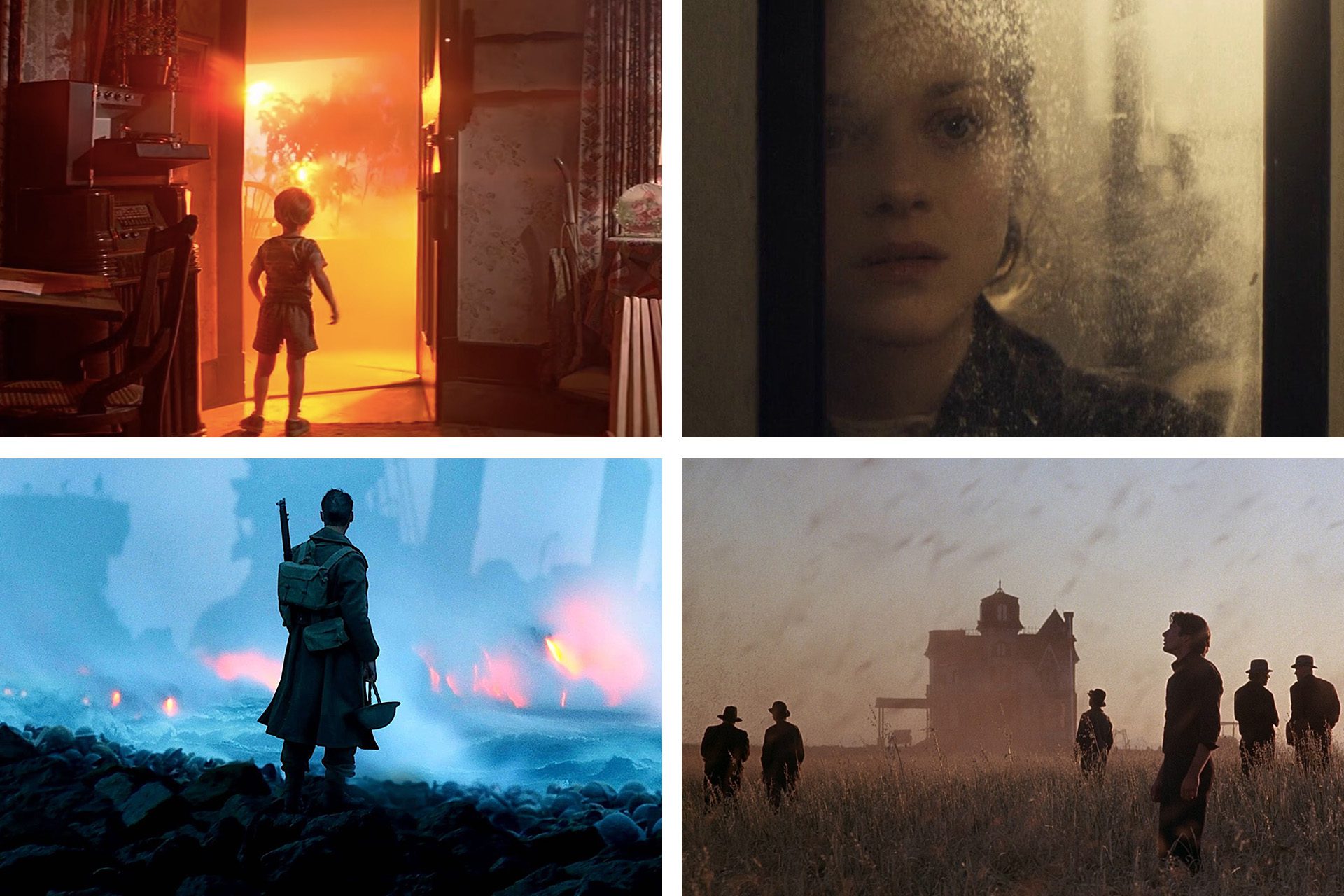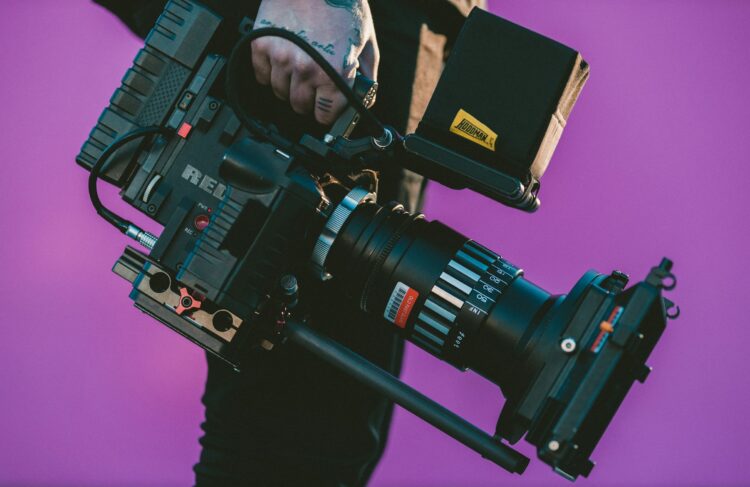“Cinema is the most beautiful fraud in the world.”
This quote carries the feelings we have for cinema. We know that films are a package of acting on-screen with stories developed from a writer’s imagination. Despite them being unreal and fraudulent, we tend to appreciate their beauty, making them a beautiful fraud. Read along to understand and appreciate the art of film critique.
When the curtains rise and a well-crafted film comes on the screen, we, as the audience, are transported into its world. The motion picture on the silver screen can stir our thoughts, evoke various emotions, and ignite essential discussions in society.

Film critics have taken centre stage in the modern world in this vast landscape of cinema. Given the countless number of films released every week, these critics work on guiding audiences through the intricate layers of filmmaking. They give us a much-needed perspective that helps us appreciate the art of film critique.
The Versatile Role of Film Critics
Film critics are an essential guide that helps us filter our cinematic experience. They give insightful commentary and analysis of films that go beyond their primary theme and plot.
As a result, they play a versatile role in possessing the ability to separate and explain the different elements of a film. They help us appreciate suitable films on a deeper level. They cover everything from visual aesthetics and narrative structure to its thematic depth and cultural significance.
Film criticism can’t be done without a deep understanding of the fundamental elements of filmmaking. Here are some essential aspects that form the basis for a comprehensive film critique.
The Art of Film Critique: A Few Essentials
1. Narrative And Storytelling
Films are mediums for storytelling, and filmmakers use various techniques for this purpose. Whether it’s flashbacks, dreams, analogies, or references, they have infinite creative options at their disposal.

Film critics carefully analyse the storytelling techniques of the director, like the plot’s relevance, character development, thematic exploration and the overall narrative arc. They examine how well the plot appeals emotionally and intellectually to the audience.
2. Cinematography And Visual Style
Cinematography and visual style refer to how a story is presented visually to the audience. So, critics evaluate the camerawork, lighting, colour palette, and framing choices based on the theme/plot of the film. At the same time, they study how these aspects shape the film’s overall aesthetic and emotional impact.

Also Checkout – Extraction 2 Movie Review- Chris Hemsworth’s Sequel Is Both Satisfying And Disappointing
3. Performances And Direction
The performances come after the narrative and visual presentation; all these elements are captured and managed by direction. Consequently, film critics examine the acting performances of a film’s cast.

They denote whether the actors can embody and emote their characters perfectly or not. At the same time, they take a keen look at the director’s vision for guiding the case and shaping the narrative.
4. Sound Design And Music
In the silent era, there was no need for sound design and music in cinema. But, the advent of talkie cinema has brought this aspect under the spotlight.
It includes sound effects, dialogue, music score, background music, and more. So, the critics explore how relevant these elements are regarding the plot and acting. In addition, how much do they contribute to the film’s emotional resonance?

5. Thematic Depth And Cultural Relevance
It’s no revelation that films reflect and represent a specific or a mix of cultures on-screen. The most successful films have often carried deep and complex themes.
So, film critics often uncover and examine the underlying messages in films and study their symbolism and societal implications. They explore how the film contributes to broader conversations and artistic influences.

Also Checkout – The Flash Movie Review- DC’s return or Another Misfire?
How Does Film Criticism Help People Appreciate Films On A Deeper Level?
Film criticism is a vital medium for deeply appreciating cinema’s art form. Reading or participating in film criticism can help you as an audience to:
1. Get New Insights
As an audience, we often see movies for entertainment and return without any thoughts. However, film critics give us important views and perspectives, like the meaning behind some details we usually overlook in the first go.

They may challenge or improve our understanding of a film. Also, it introduces us to nuances, symbolism, and layers we would have failed to notice. All these help us improve the overall viewing experience.
2. Ignite Intellectual Debates
Constructive film criticism covers a comprehensive analysis of different aspects of filmmaking in detail. So, it helps to ignite essential discussions among the audiences about a film’s artistic merits, thematic implications, and cultural significance. These conversations help to improve our everyday understanding and appreciation of cinema.

3. Identify Underrated Films
With the massive number of films released every week, we often overlook some great films that go unnoticed. So, film critics help to identify and appreciate lesser-known or underappreciated films.

They introduce the audiences to hidden gems that don’t get their due credit in the first go. Also, their suggestions can increase our cinematic horizons and expose us to diverse and thought-provoking films.
Final Words
When the curtains close and the credits for a film role, the work of film criticism acts as an essential guide that highlights the details of films and cinema.
Unlike watching a film and moving on from it, film criticism takes us on a journey of artistic exploration and intellectual growth. You can use the insights of film critics to participate in thoughtful discussions that transport you to new wonders of cinema.
Also Checkout – Spider-Man: Across the Spider-Verse Movie Review – Pushing the Boundaries of Animated Storytelling






